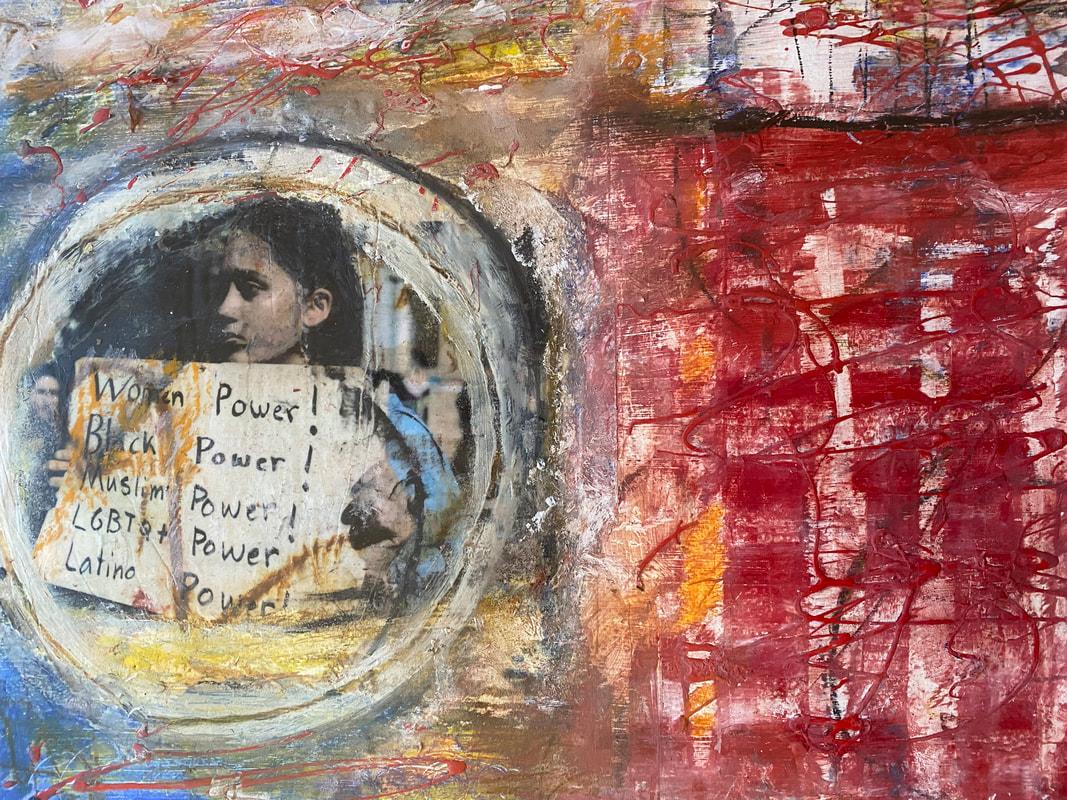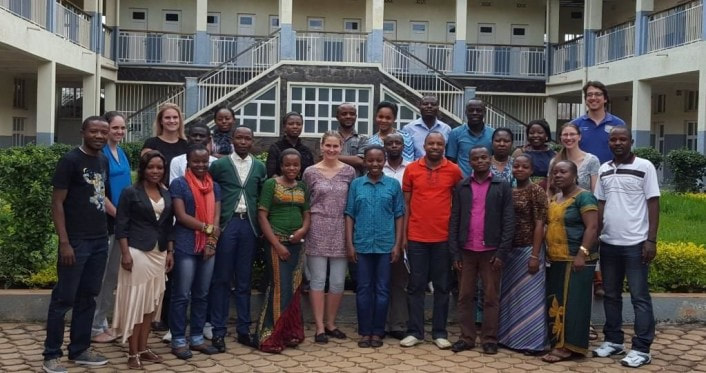TEACHING
|
I mainly teach courses on sexual violence, repression, and civilians in conflict.
The topics of my courses are substantially important to teach, but also challenging due to their sensitive nature and the many complexities involved. These topics offer important insights into various fundamental methodological and ethical challenges in social science research, and forces us to think critically about sources, data and knowledge production. My approach is to let students in on the research process of social science research, and to develop their own research skills through research projects in class. The problems we talk about in class can seem overwhelming in many ways. Sharing my own experiences doing research that engages with local needs for knowledge, challenges existing myths, and looks for better solutions to the problem can help students understand the role of research in building a better world. I outline the focus of my three main courses below. |
|
Civilians in Conflict
Despite prohibitions against the intentional targeting of noncombatants, civilians are not only collateral damage in conflicts, but frequently the pawns of war and state repression. However, civilians also have agency in conflict settings, and significant resources are spent trying to protect civilian populations. This graduate seminar examines the burgeoning literature on the diverse roles of civilians in violent political conflicts (international and civil wars) as well as in the transitions from war to peace, and post-conflict. We will go through different theoretical perspectives on civilian targeting and agency. We will also discuss the distinction between civilian and combatant; why, where, when, and through what means civilians are targeted; legal and institutional frameworks that exist on civilian protection; efforts to protect civilians in principle and the relative success and failure of doing so in practice. Throughout the course, we pay particular attention to empirical challenges in data collection, measurement, and analysis, and how the literature is grappling with overcoming such challenges. |
Sexual Violence and War
This course examines causes, dynamics, and consequences of sexual violence in armed conflict. Sexual violence occurs in many conflicts, and affects both women, men and children. Only recently has the international community recognized this type of violence as an international security issue. Why does sexual violence occur in war? What are the patterns? How prevalent is conflict-related sexual violence globally? What are the consequences of conflict-related sexual violence? How can we stop sexual violence, or at least reduce such atrocities? These are some of the key questions in this course. Sexual violence can also be a particularly difficult topic to study due to the sensitive nature of these crimes and the taboos surrounding them. This creates research challenges and ethical dilemmas. In this course, we discuss how we do research on sensitive or hidden phenomena in general, and how to evaluate and use different types of source material in the case of sexual violence in particular. This course has been offered in various formats, most recently as a writing intensive seminar for advanced undergraduates. |
State Repression of Human Rights
This course offers an introduction to the study of state repression of human rights, with a particularly emphasis on physical integrity rights violations such as killing and torture. Substantively, the course focuses on central concept in political science, such as power, violence, and the state. Methodologically, we focus primarily on systematic quantitative data and methods (statistical studies) for discerning patterns in state repression, and how we should think about and try to overcome challenges in documenting and analyzing repression. In the first part of the course we focus on defining the problem (what is state repression) and how it can be documented and measured. The second part focuses on the causes of state repression – or, why some states are more repressive that others and in what ways that manifests. The third part focuses on what can be done to stop or prevent state repression. The last part focuses on how justice and other reckoning might help recovery after political terror at the hands of states, and we also look to what the future of human rights might hold. |
TEACHING SOCIAL SCIENCE RESEARCH IN EASTERN DRC
Through my research in eastern DRC, I have initiated a series of courses for local researchers geared towards building local research capacity. We organized workshops and intensive training in topics such as research methodology, project development, and academic publishing.


